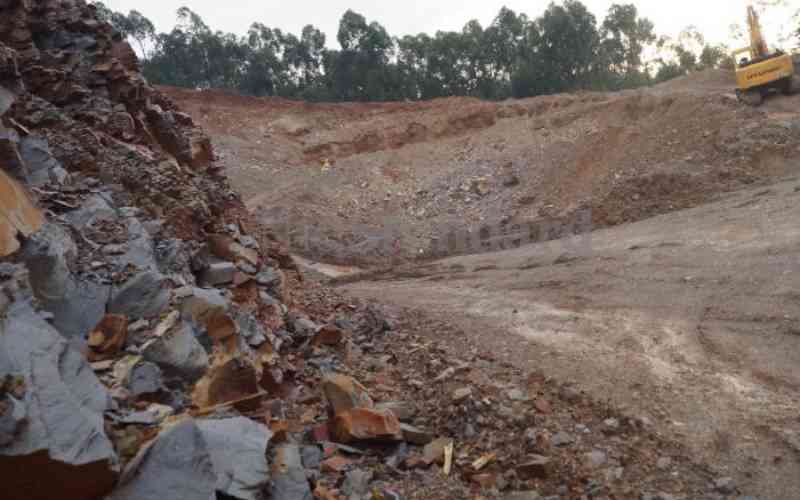×
The Standard e-Paper
Read Offline Anywhere

Audio By Vocalize

Some 20 counties have been found to have minerals and earth metals, Mining Cabinet Secretary Salim Mvurya has revealed.
Mvurya said Narok, Kakamega, Migori and Busia counties have gold occurrences, while Kitui and Vihiga counties were found to have deposits of copper and granite respectively.
